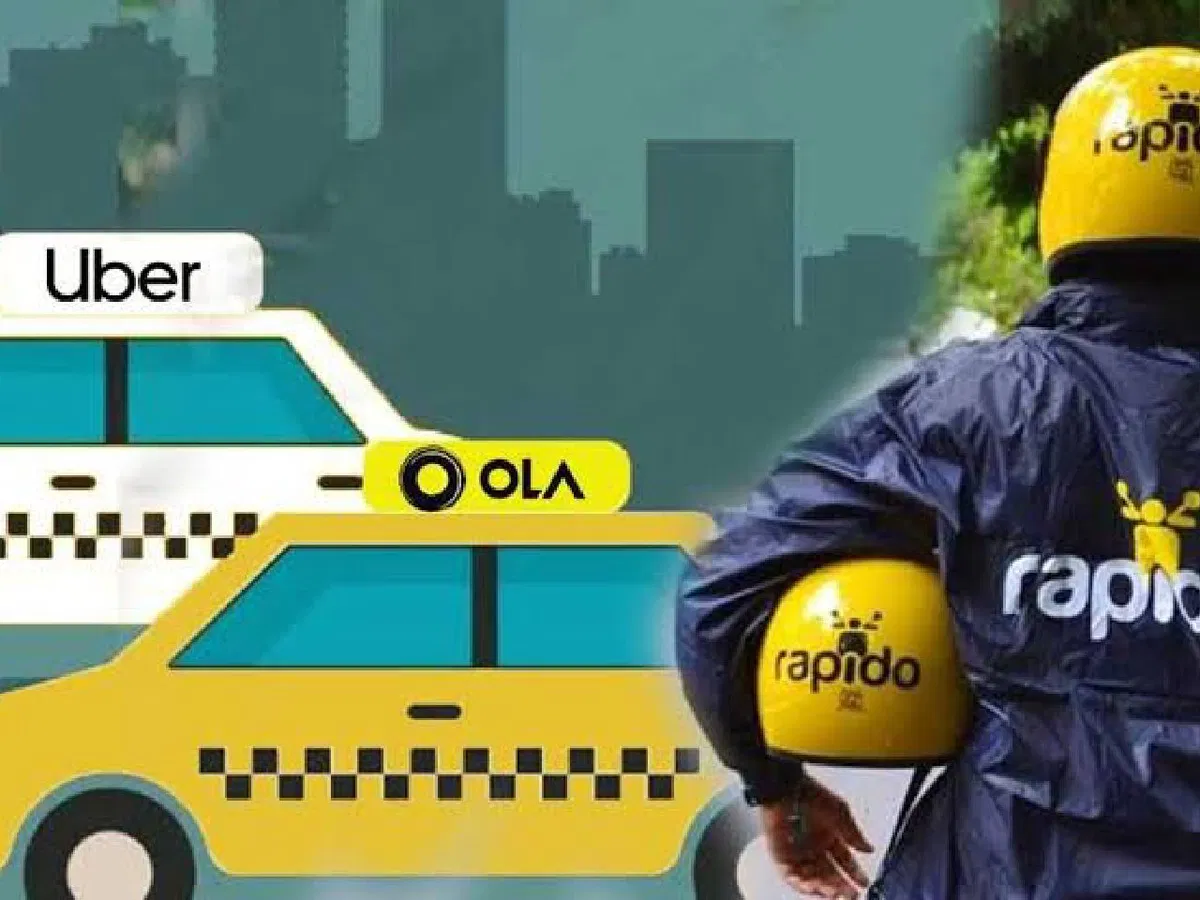Chennai Auto Drivers to Boycott Ola and Uber Over Unfair Commissions
A significant disruption in Chennai’s ride-hailing services is imminent, as a group of auto and cab drivers has announced plans to indefinitely boycott popular aggregators like Ola and Uber. The boycott, which is set to begin this Saturday, stems from the drivers’ frustrations over the 25-40% commission fees that the platforms charge, which they claim severely limit their earnings and put an unsustainable strain on their livelihoods.
This ongoing discontent has led the drivers to explore alternatives to the commission-heavy ride-hailing apps. In response, several drivers have opted to use services like Namma Yatri, a platform that charges a fixed daily subscription fee rather than a percentage-based commission. This move is seen as a step towards reclaiming control over their earnings, enabling drivers to work without the pressure of high commissions that directly impact their income. Meanwhile, independent auto drivers unaffiliated with any app-based services have rolled out their own fare system, with a base fare of Rs 50 and an additional Rs 18 per kilometre. The fare revision, they argue, is long overdue.
Zahir Hussain A, the coordinator of the Confederation of Drivers’ Unions in Chennai, highlighted that the state government has failed to implement a fare revision for over 12 years, despite directives from the Madras High Court. “The transport minister has claimed that the proposal is still awaiting cabinet approval,” he said. Drivers have been left with no choice but to take matters into their own hands, setting new fare structures and staging an indefinite strike. Hussain also expressed frustration with the delay in implementing aggregator regulations, such as controlling peak-hour surcharges and the exorbitant commission fees that lead to conflicts with passengers.
While this move is a stand for fairness in the transport sector, it has triggered mixed reactions from the public. Some commuters, like D Amit, a resident from Mumbai, have pointed out that auto drivers in Chennai have historically failed to adhere to fare guidelines. “Before ride-hailing services became mainstream, auto drivers here never followed the fares set in 2013, often overcharging passengers,” Amit noted. This historic lack of accountability has left commuters wary of the strike’s potential impact on their travel plans. For many, the challenge is further compounded by language barriers, making fare negotiations a stressful experience for newcomers.
From an urban sustainability perspective, the ongoing standoff underscores the need for a comprehensive approach to improving Chennai’s public transport system. The government must consider both the interests of the drivers and the safety of passengers. A revision of fare structures is not merely a matter of financial balance but also speaks to the city’s broader goals of creating an inclusive, transparent, and fair transportation system. Additionally, the rising tensions between drivers and aggregators point to the need for more regulation in the ride-hailing sector to ensure that it remains both economically viable for drivers and affordable for passengers.
In the long term, solving the issues surrounding the commission structure and fare revision could improve not only the livelihoods of drivers but also contribute to a more sustainable and equitable transportation system in Chennai. Balancing the needs of stakeholders, including the drivers, the government, and commuters, will be crucial in fostering a more harmonious urban mobility landscape.


